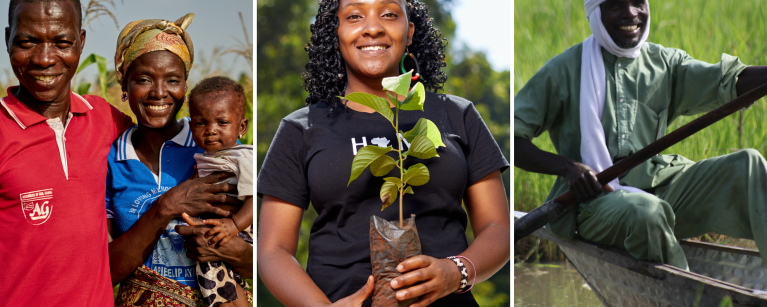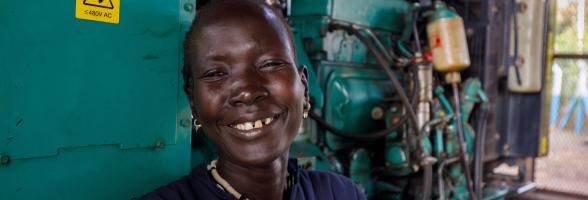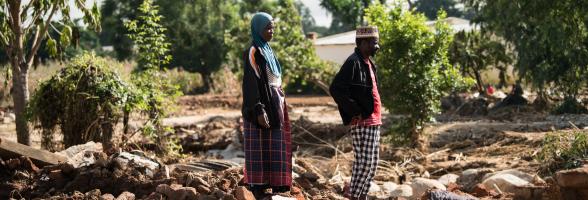Hero item
Image

Welcome to Oxfam in Africa
Featured
Content sections
Image

Oxfam in Horn, East and Central Africa
Partnering with local communities, national organisations and regional institutions to drive transformative change in lived experiences.
Image

Oxfam International Pan Africa Program
Oxfam Pan Africa are driving citizen engagement towards a peaceful, democratic and self-reliant continent.
We empower communities and citizens to demand and claim for their rights, in a manner that is transparent and accountable.
Image

Oxfam in West Africa
We're building a positive, poverty-free future now and in West Africa. Not just for the privileged few, but as a right for everyone.
Image

Oxfam in Southern Africa
Oxfam in Southern Africa Cluster is part of a movement in the southern Africa region working with the most vulnerable and poor sections of our society to challenge and advocate for the transformation of our growth and development models.



